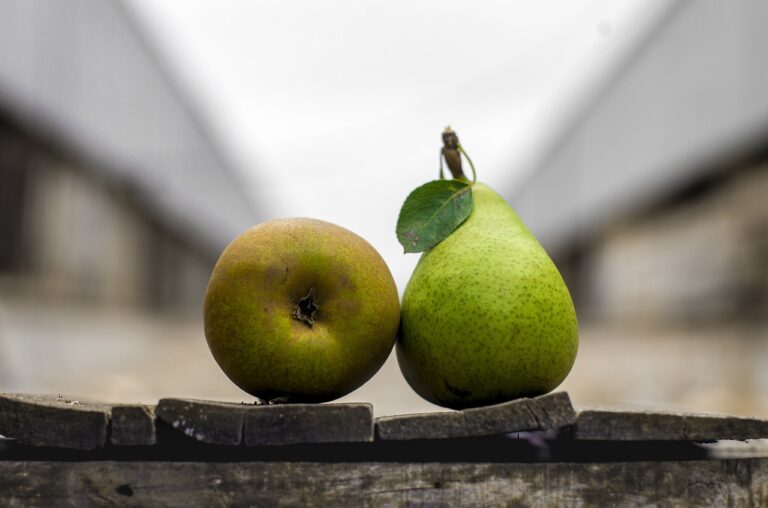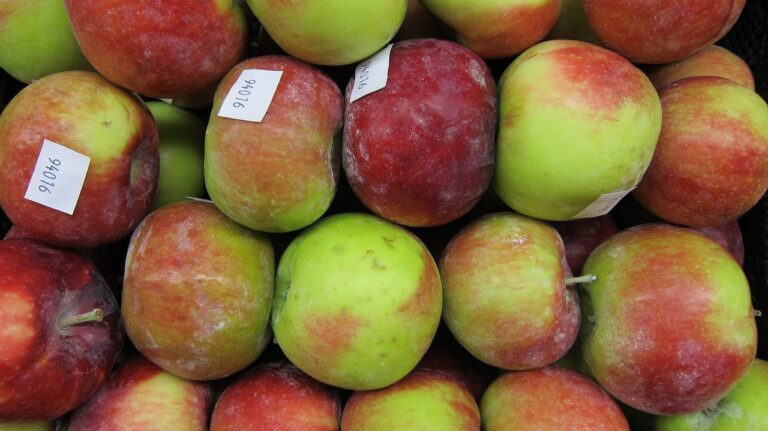Analyzing the Impact of Meat Processing on Rural Economies: Allpaanel mahadev book, Lotus book 365 registration, Laserbook 247
allpaanel mahadev book, lotus book 365 registration, laserbook 247: Analyzing the Impact of Meat Processing on Rural Economies
Have you ever stopped to think about the impact of meat processing on rural economies? It’s a topic that often goes unnoticed, but the truth is that meat processing plays a pivotal role in the economic development of rural communities.
In this article, we’re going to dive deep into the world of meat processing and explore how it affects rural economies. From job creation to income generation, there’s a lot to unpack when it comes to the impact of this industry on rural areas.
So grab a cup of coffee and let’s delve into the fascinating world of meat processing and its impact on rural economies.
The Role of Meat Processing in Rural Economies
Meat processing plants are a common sight in rural communities, providing jobs and income for local residents. These facilities play a key role in the agricultural supply chain, taking livestock from farms and transforming them into consumer-ready products.
But meat processing plants do more than just process meat – they also contribute to the overall economic development of rural areas. The jobs created by these facilities provide stable employment opportunities for local residents, while the income generated helps to support local businesses and infrastructure.
In many cases, meat processing plants are the largest employers in rural communities, making them a critical source of economic stability. Without these facilities, many rural areas would struggle to attract and retain residents, leading to population decline and economic stagnation.
Benefits of Meat Processing for Rural Economies
There are numerous benefits to having meat processing plants in rural areas. Here are just a few of the ways in which these facilities positively impact local economies:
1. Job Creation: Meat processing plants provide a significant number of jobs for local residents, ranging from entry-level positions to skilled roles. These jobs help to reduce unemployment and poverty in rural communities, providing residents with a stable source of income.
2. Income Generation: The income generated by meat processing plants flows into the local economy, supporting businesses and services in the area. This economic activity helps to stimulate growth and development, creating a more vibrant and sustainable community.
3. Infrastructure Development: Meat processing plants often invest in infrastructure improvements, such as roads, utilities, and housing, to support their operations. These investments benefit the entire community, improving quality of life for residents and attracting new businesses to the area.
4. Market Access: Meat processing plants create opportunities for local farmers to sell their livestock, providing a reliable market for their products. This market access helps farmers to increase their income and expand their operations, leading to further economic growth in the region.
Challenges of Meat Processing for Rural Economies
While there are many benefits to having meat processing plants in rural areas, there are also some challenges that must be addressed. These challenges include:
1. Environmental Impact: Meat processing plants can have a negative impact on the environment, generating waste and pollution that can harm local ecosystems. It’s important for these facilities to implement sustainable practices to minimize their environmental footprint and protect the natural resources of rural communities.
2. Health and Safety Concerns: Working in a meat processing plant can be hazardous, with workers exposed to potential injuries and health risks. It’s crucial for these facilities to prioritize worker safety and implement strict health and safety protocols to protect their employees.
3. Community Opposition: Some residents may have concerns about the presence of a meat processing plant in their community, citing issues such as noise, odor, and traffic congestion. It’s important for these facilities to engage with local stakeholders and address any concerns to ensure positive relationships with the community.
FAQs
Q: How do meat processing plants impact the environment?
A: Meat processing plants can have a negative impact on the environment due to waste and pollution. It’s crucial for these facilities to implement sustainable practices to minimize their environmental footprint.
Q: What are some of the benefits of meat processing for rural economies?
A: Meat processing plants provide job creation, income generation, infrastructure development, and market access for local farmers, contributing to the economic development of rural communities.
Q: What are some of the challenges of meat processing for rural economies?
A: Challenges include environmental impact, health and safety concerns, and community opposition. It’s important for meat processing plants to address these challenges to ensure sustainable operations.
In conclusion, meat processing plays a crucial role in the economic development of rural communities. From job creation to income generation, the impact of this industry is far-reaching and significant. By addressing challenges and maximizing benefits, meat processing plants can continue to support and strengthen rural economies for years to come.







